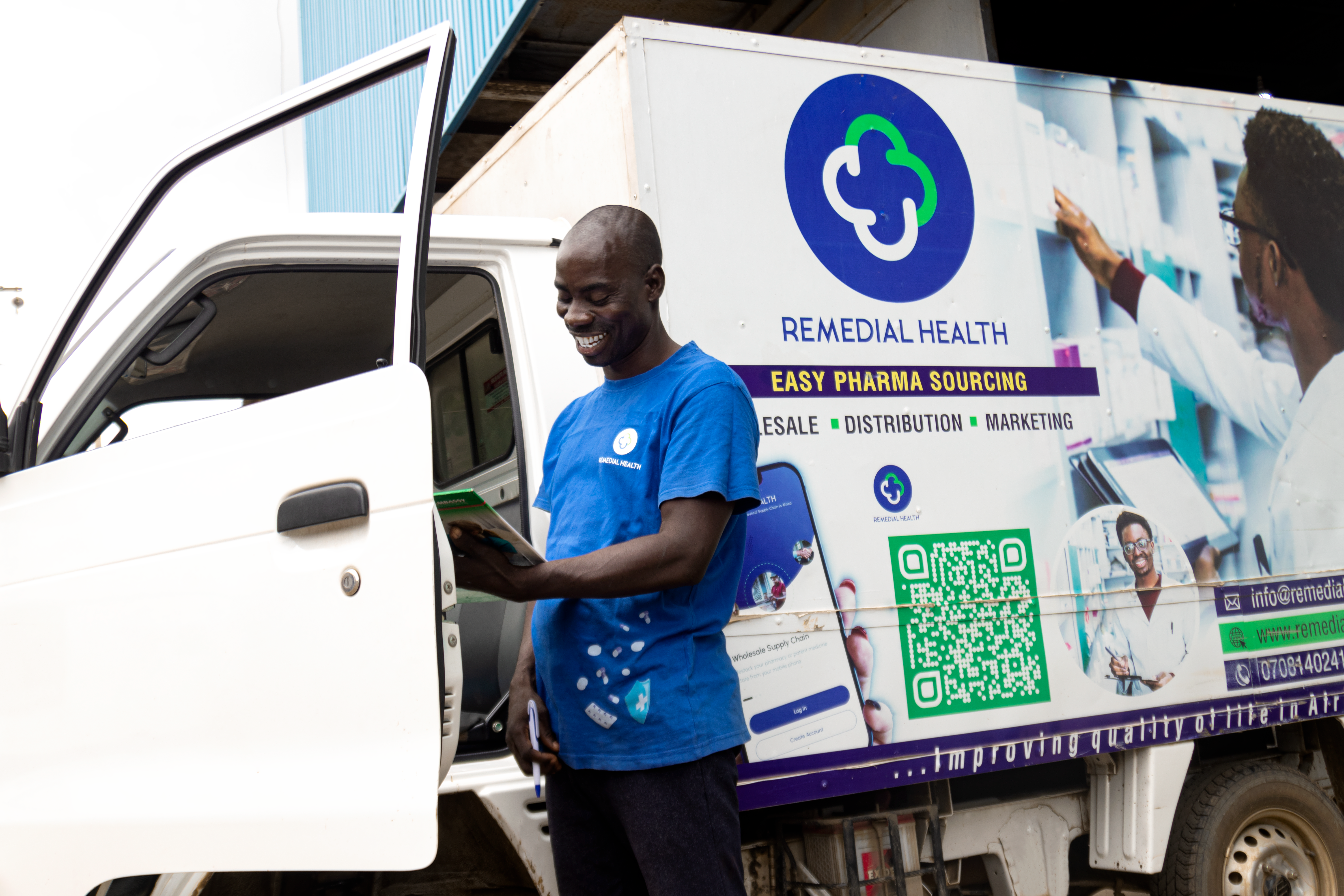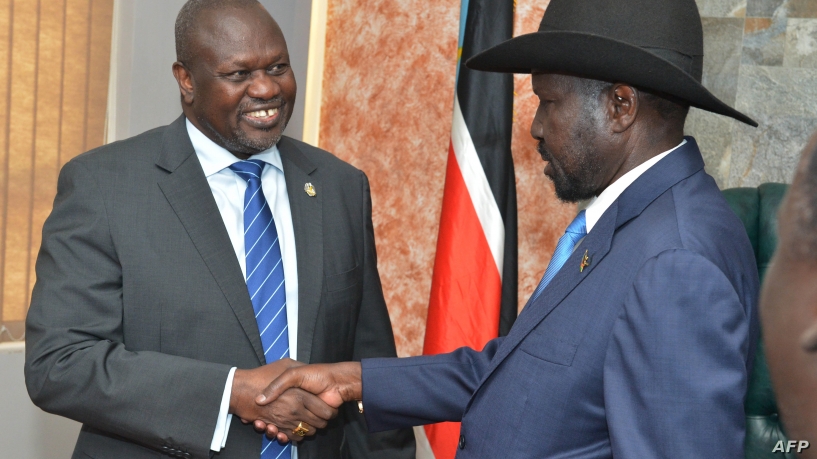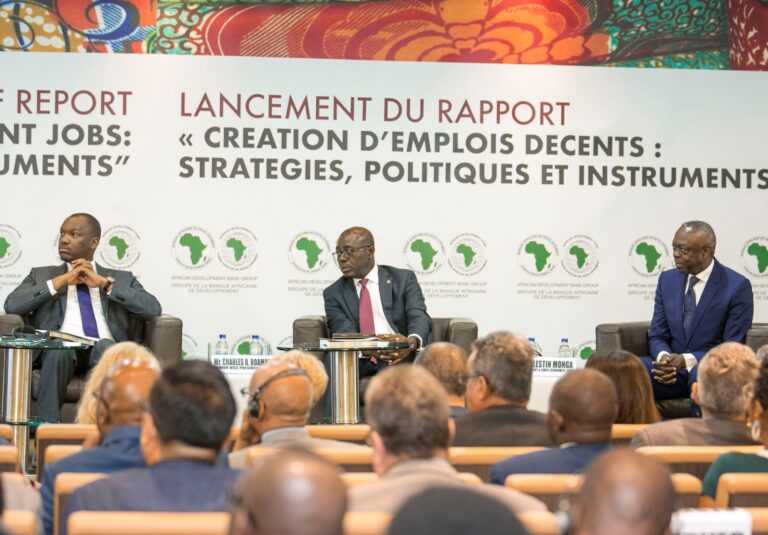JUBA, South Sudan, September 12, 2019/ -- The second day of talks between South Sudan’s President Salva Kiir, and his former deputy, Riek Machar ended with both leaders reiterating their desire for peace as they promised to meet regularly in the lead up to the formation of a Transitional Government of National Unity, expected on 12 November 2019. A handshake, a hug and other pleasantries exchanged upon Machar’s arrival, the leaders and their subordinates soon took their seats, but not before an invocation of spiritual intervention, complete with song and prayer. “No matter the magnitude of the issues that we will face, it is incumbent upon us to do that which is well, which is right – that is to come together and reason,” said the chair of the South Sudan Council of Churches Bishop Alkangelo Wani Lemi, setting the mood of the day’s deliberations. It was no surprise, in a country where religion seems to play a significant role. In April this year, South Sudanese leaders visited Rome, where Pope Francis knelt to kiss their feet, and on Wednesday morning, there was an obvious recourse to that spirit. “It is in reasoning, in dialoguing, and in sitting together and accepting one another, that we will put everything on the table and discuss for the good of the people whose hands have not forgiven its leaders,” continued Bishop Wani Lemi. The mood set, the two leaders and their representatives went into a closed-door meeting, emerging hours later to briefly speak to the eagerly waiting members of the media. “You have now seen how we are; we are progressing very well in our discussions,” said President Kiir, as journalists pricked up their ears, seeking to hear more. For the opposition leader, there was a certain significance to being back home. “Juba is home, and I have come back to Juba, even if I go away for some time,” said Dr. Machar. “IGAD (the regional intergovernmental bloc), will determine my status to be free to come and discuss more with you here, but we have made important progress,” he added, promising frequent meetings, particularly after a summit organized by IGAD. Acknowledging the limited time to the deadline for the formation of a transitional government, the two leaders preferred to let their subordinates divulge the fleshy details of their meetings. “It is a positive move and a commitment towards the stability of South Sudan,” said Tut Gatluak, President Kiir’s advisor on security affairs, who is also the chair of the National Pre-Transitional Committee. “We also talked about [the] non-signatory parties. As you are all aware, we have parties led by Thomas Cirillo and Paul Malong, and there is need to bring them on board. Without them, this peace may have difficulties and that is why we must move as one people; as South Sudanese,” said Henry Odwar, the deputy chair of Machar’s political movement. Apart from the need to fund the peace process, Odwar also reported that part of the discussions highlighted an urgent need to take peace messages to every part of South Sudan and the diaspora. Also spotlighted, was the need to incorporate the agreement into the country’s constitution, the creation of a free political space, security laws, and the contentious issue concerning the number of states and their boundaries. *Source United Nations Mission in South Sudan (UNMISS) |































